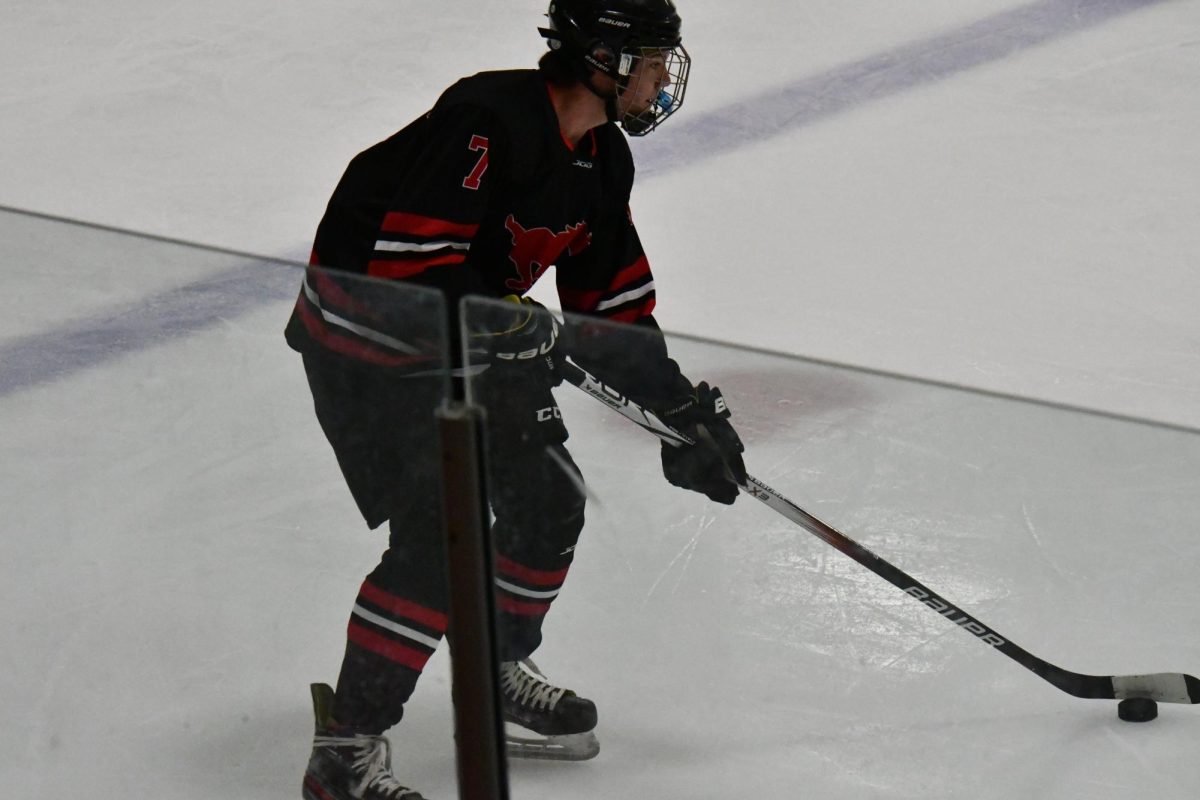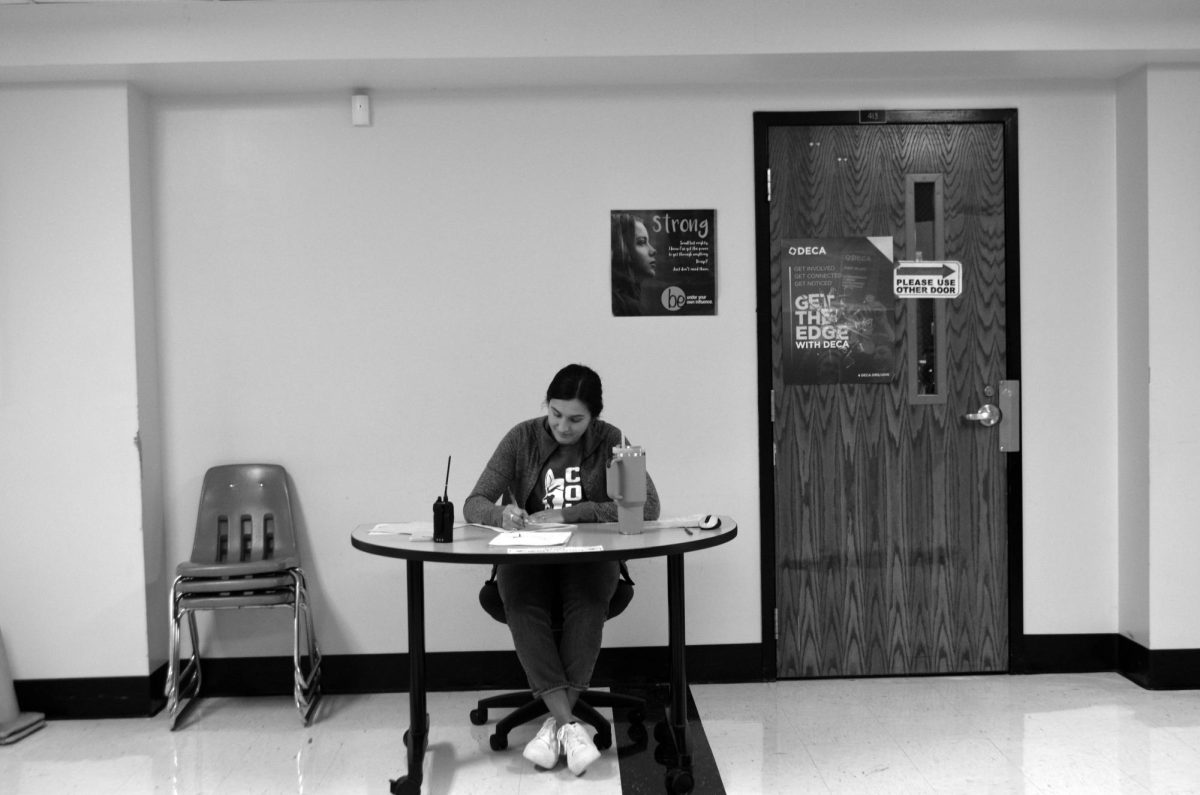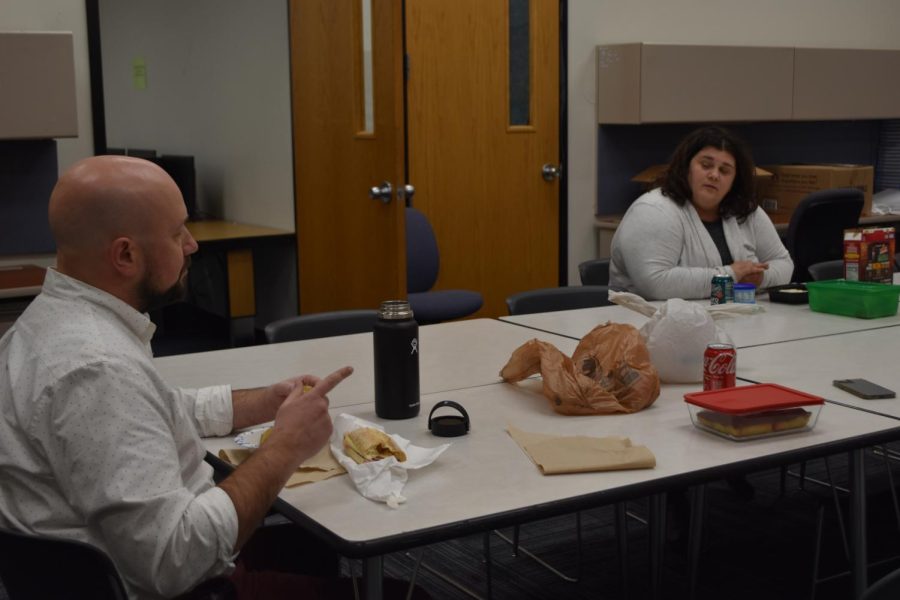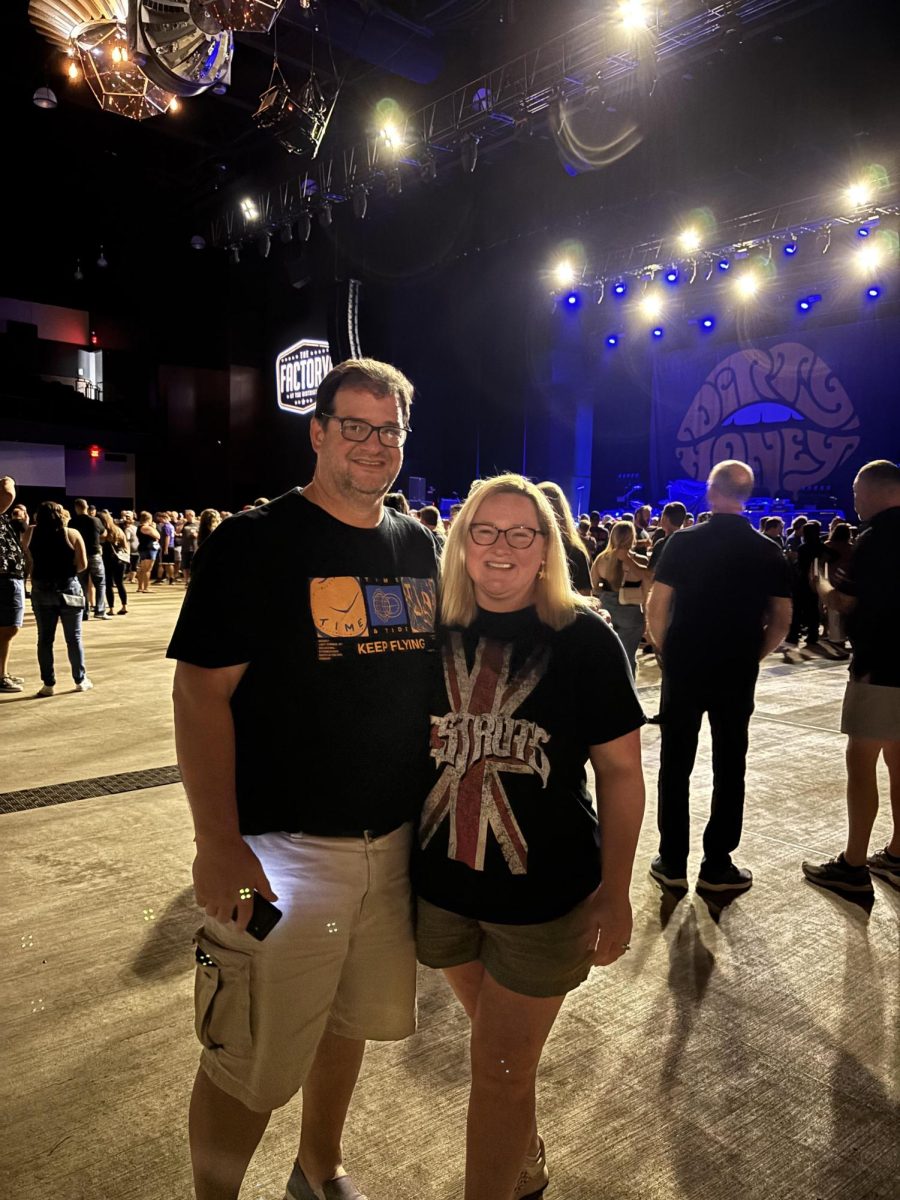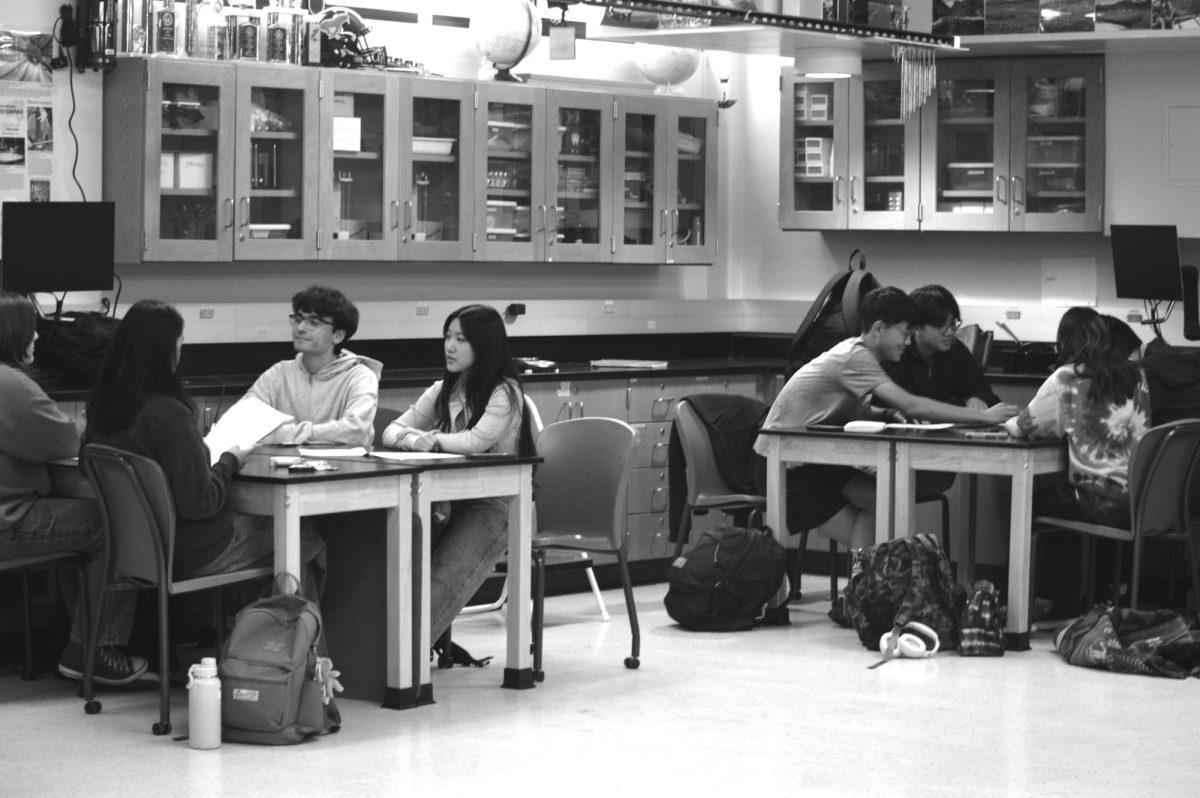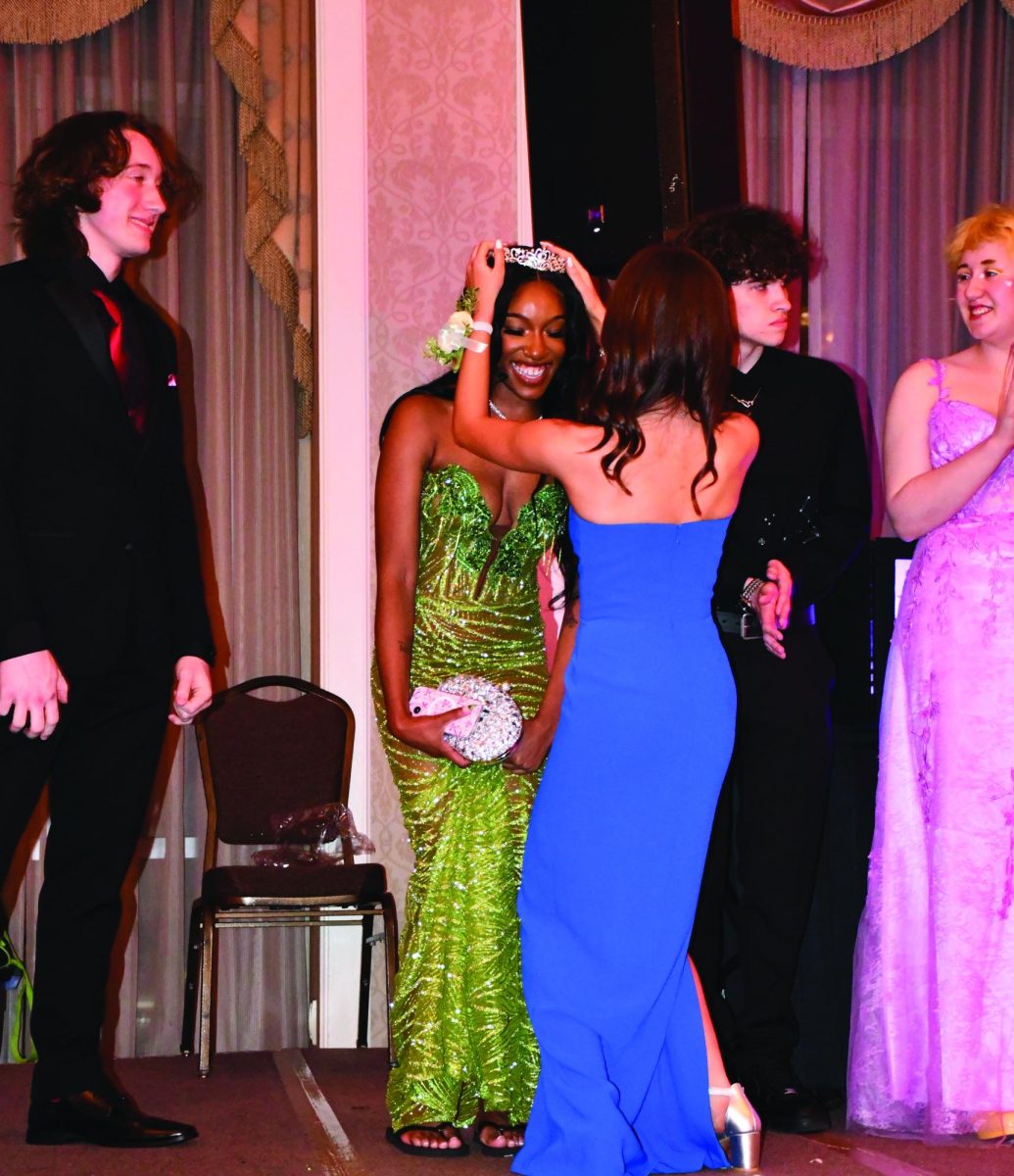Three exchange students: one from Norway, and two from Germany. They live with local students and their families during their academic stay here at Parkway Central, an experience that provides the opportunity to generate connections and take part in a different culture.
“I am really happy,”Sophomore, Moritz Dittrich from Germany said. “When I applied I didn’t know what to expect, but it’s been fun.”
Since the students arrived in St. Louis, they’ve been able to experience exciting adventures here. They’ve gone to Six Flags, hiking, boating and hockey games.
“I went boating and to San Francisco with them, we spent two days at a farm, and went laser tagging,” Junior, Nicolas Gorres from Germany said.
Kai Borgen, from Norway, has been able to enjoy a Blues games and visiting The Arch.
“I’ve been to the Blues games, sporting events and to The Arch. I haven’t gone up but I plan too,” Borgen said.
On the other hand, Moritz Dittrich has done many outdoors activities, but most enjoys spending his time nice and cozy inside and having conversations with his host family.
“We go hiking, biking, they take me around the city, but I have more fun talking to them and exploring,” Dittrich said.
Even though there having fun, moving to a completely different country and learning a new language has been a big challenge that they had to face.
“Joining their life and communicating was hard, but now it’s not that bad,” Gorres said.
Coming all the way from Germany and Norway, they might be a little homesick, but the families help a lot by opening their doors, being welcoming, and appreciating the high school exchange students. The students are housed with different families, where they share American customs and traditions; for example, dinnertime.
“Their way of life is different, so an example is eating only one meal for dinner and that’s it,” Gorres said.
The students expect to be treated as if they are part of the family and to live the life of a typical American teenager, but are still pleasantly surprised when it really happens.
“I feel like they’re part of my family and I never thought that they were going to feel this,” Dittrich said.
Even though to us chores can be a big burden, taking away your free-time and sometimes part of a punishment, for Dittrich, it’s anything but. He seems to enjoy the experience, no matter the task.
“At home, besides being part of the family, I do chores, normal things that everyone does here,” Dittrich said. “It’s fun, that’s why I came here, to experience this.”
Host families not only teach the foreign students American traditions but also values and lessons that will help reinforce their professional development.
“It’s been great; they taught me what Americans value compared to what Germans value,” Dittrich said. “I see this everyday and it helps me progress as well.”
Foreign students have been able to meet and to make friends, during their stay in America, not only with students in school but also with their “host brothers and sisters”.
“He is like a real brother and I talk to him more than my other siblings, because of the age difference, my siblings are younger and Kai is around my same age,” Junior, Patricia Rutherford whose family hosts Kai Borgen said.
Their host brothers and sister help facilitate the learning of English language by socially exploring and doing activities.
“Every Friday we work out at the gym, we always do everything together and school is probably when I don’t see him every 20 second” Junior Spencer Hritz whose family hosts Nicolas Gorres said.
Enjoying activities with foreign exchange students can be an enriching experience in many ways. It is a way to know another culture without traveling, to learn another language, and to expand the view of the world.
“I would like to teach people about my culture and learn about them,” Borgen said.
The objective of this program is to help foreign exchange students find the skills and knowledge necessary to expand their vision of the world and make it a more just and peaceful place by teaching students different cultures regardless of their origin. Cultural barriers are overcome, and these experiences will help them to live in a more peaceful world.
“The program was peace founded after world war because people did not understand each other and thought that with these programs, relationships could be built,” Borgen said.





